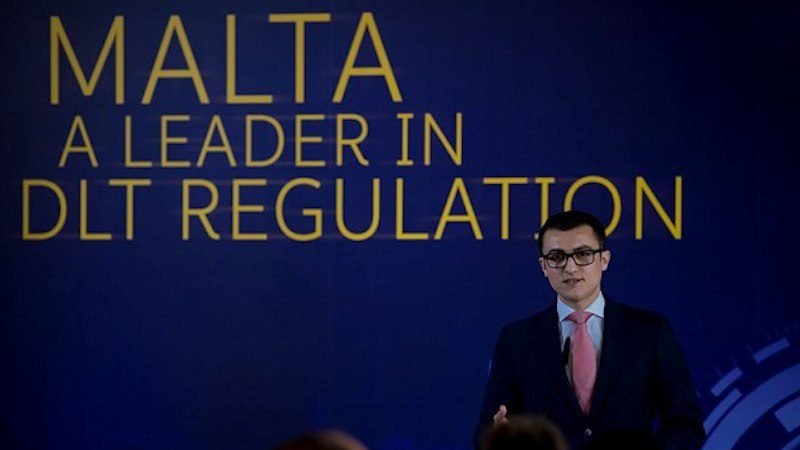Joseph Muscat has been working hard over the last 18 months to position Malta as something of a digital oasis in the middle of the Mediterranean.
From the proclamation of Malta as the ‘blockchain island’, to dubbing the island as an ‘AI innovation hub”, and of course its lucrative iGaming industry, recently referred to as an “ATM for the Mafia” by the OCCRP, the country has certainly been making waves in the digital world.
But does the country have the talent and workforce to sustain this projected dream of digital utopia? Apparently not if a recent report from EY is anything to go by.
The recently released EY Attractiveness Survey for 2018, entitled “Building a Better Working Europe; Unlocking Europe’s Digital Growth Potential” highlights some significant shortcomings when it comes to possessing the digital skills to succeed. The report highlights that in Europe, the most lacking talent shortages are in digital skills such as cybersecurity, artificial intelligence, and robotics.
Whilst the report notes that businesses in the EU recognise the pressing issue of skill shortages and 89% are currently investing in improving their workforce’s digital skills, only 43% have a HR strategist who is looking at the long term picture and planning more than three years in advance.
In order for Malta to compete at a global level, respondents stated that they believe that more would need to be invested in education and skills as well as encouraging policy makers to enhance workforce skills with a specific digital focus.
EY Area Managing Partner for the region, Andy Baldwin said: “Innovation is happening at a faster rate than companies can acquire the skills that they need to adopt new technologies. The relentless march of digitalization is already having a profound impact on the labor market, creating shortages in specialist digital skills and surpluses in other areas. The reskilling and upskilling of Europe’s workforce need to take an inclusive view on what talent means, implement comprehensive people strategies and commit to investing in the training and development of existing staff alongside the recruitment of new employees.”
In another report produced by EY, the Malta Attractiveness Survey 2018, Malta registered a 4% decrease in its attractiveness from 2017 with a decrease in “yes” replies and an increase in “don’t know” replies from respondents when asked if Malta is an attractive jurisdiction for foreign direct investment.
The report stated that Malta’s main attractive feature for business was not its promising digital sector, nor its highly skilled workforce, but rather its corporate tax regime with 88% of respondents pointing to this as its most attractive feature.
Foreign companies are attracted to Malta’s generous six-sevenths refund system, which wipes out up to €4 billion annually in taxes paid by foreign companies with Malta-based holding companies.
Indeed, local labour skills, R&D and innovation environment, and its stability and transparency of political, legal, and regulatory environment ranked poorly, a sad reflection of the reality of the situation.
Regardless of the figures, the government PR machine is going into overdrive in terms of promoting Malta as a prime European destination for technology and digital innovation.
Unfortunately, these reports suggest that not only do they not have the infrastructure to support this, but that people are still only really attracted to the island due to its highly dubious tax regime that is even advertised as a “Tax Haven” alongside the British Virgin Islands, Panama, and St Vincent.












